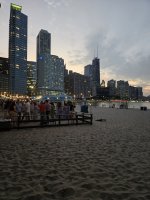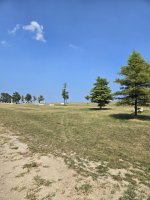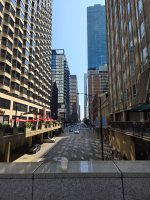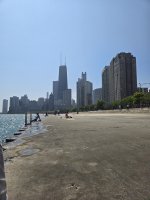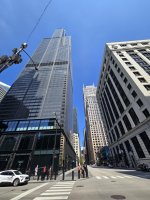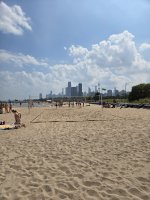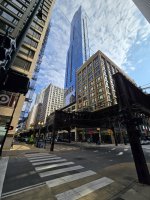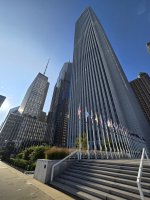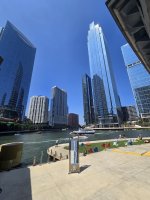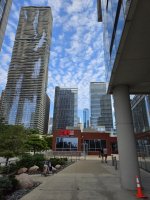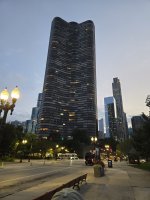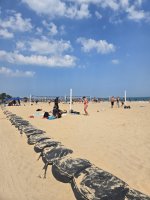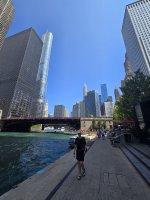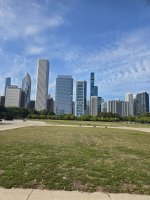The STB is a bit of a fugly super block, but for what it is it's not offensive - just boring.But, regarding your last paragraph, I'd just want to emphasize my point about how things look on financial spreadsheets. Taking on something like 99 High would need to involve substantial property/retail management responsibilities (and expenses) beyond a typical state gov. building, even if they contract all of that out. So there's additional cost line items essentially in perpetuity. My point would be the state has to seriously not shortchange itself in the "value" calculation to account for all of that stuff, including strategic preventative maintenance, etc. I think a good case study to look at might be the Bolling Bldg in Roxbury for BPS. Building came out beautifully and has ground floor retail. If that is going well, replicating that model on underutilized parcels downtown could be promising.
I don't disagree, but I would note that they must have that capability to some degree already. The STB's retail slots are all filled, and I didn't even realize that 100 Cambridge was a state owned building, since I'd been to many meetings there not-with-the-commonwealth. I'd actually point to that building as your case study - it was rehabbed and redeveloped by MassDevelopment in 2005 from a pure state office building into a mixed use project including retail, commercial and residential. Only about 50% of that building is state offices, and apparently the rest was fully leased to market tenants in 2007, all before the state sold off the management of the leases to a private firm, paying off its debts and making 90m in the process. It's actually quite a nice building these days.
Plus, the state currently leases 7.5 million sqft of space. (I like my edits, you replied quick) Not all of that is in Boston, but slow and steady consolidation of what is into an owned building should be possible as private leases expire.
Last edited:




